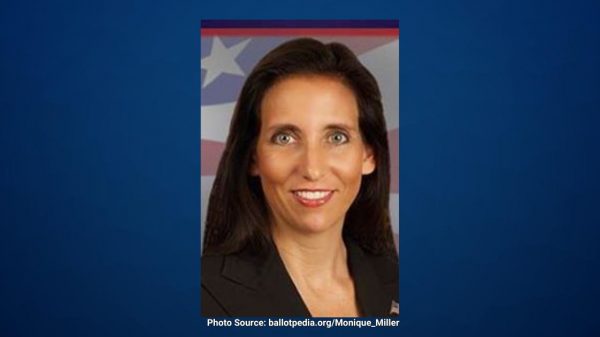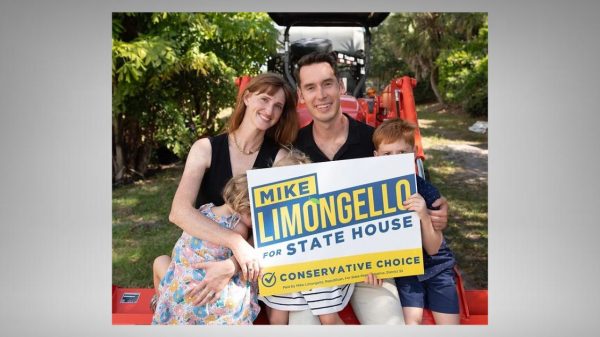Florida’s housing market continued to show momentum in January even with the continued pandemic, with more closed sales, rising median prices, more new pending sales and increased pending inventory compared to a year ago, according to Florida Realtors latest housing data.
Single-family existing-home sales rose 18 percent compared to a year ago.
“2021 began with the same market conditions we saw over the previous months, such as very low mortgage rates, high buyer demand and a lack of inventory,” said Florida Realtors President Cheryl Lambert, a broker-owner with Only Way Realty Citrus in Inverness. “This shortfall in inventory continues to put pressure on home prices. However, new pending sales increased 16.9% for single-family existing homes last month compared to January 2020, while new pending sales for condo-townhouse units rose 32 percent year-over-year.”
In January, closed sales of single-family homes statewide totaled 21,587, up 18 percent year-over-year, while existing condo-townhouse sales totaled 9,608, up 24.6 percent over January 2020. Closed sales may occur from 30- to 90-plus days after sales contracts are written.
The statewide median sales price for single-family existing homes was $305,000, up 15.1 percent from the previous year, according to data from Florida Realtors Research Department in partnership with local Realtor boards/associations. Last month’s statewide median price for condo-townhouse units was $230,000, up 15 percent over the year-ago figure. The median is the midpoint; half the homes sold for more, half for less.
Florida Realtors Chief Economist Dr. Brad O’Connor noted that Florida’s housing market kicked off 2021 on a strong note.
“Eighteen percent year-over-year growth in single-family sales and 25 percent growth in condo and townhouse sales is way, way above our historical average – and we will likely remain well above our historical average for most, if not all, of 2021,” he said. “The primary reason is that mortgage rates will likely remain quite low for the duration of the year. The Federal Reserve has repeatedly signaled it intends to pursue a monetary policy agenda that ensures this will be the case.
“That said, economic forecasters have reached something of a consensus that mortgage rates have finally reached a bottom. Interest rates are, of course, notoriously difficult to forecast, so you never really can be sure exactly where they’ll be 12 months from now – then again, it’s a reason to take notice when everyone’s forecasts actually agree on something. However, there is still some mild disagreement among prominent forecasters in terms of how fast rates will rise from here – although no one is currently predicting rates are going to rise too significantly,” he added.
Taking a look at the supply side of the market, last year’s decline in active listings of existing homes for sale continued into January 2021, according to O’Connor.
“To be clear, I’ve pointed out that year-over-year growth in new listings – at least on a statewide basis – was positive over the second half of 2020. It’s just the pace of sales has been so phrenetic that these new listings have not replaced enough of our inventory to reverse the trend. However, in January 2021, new listings of single-family homes were down over 10 percent year-over-year in what is normally a strong month for new listings. Likewise, new listings of condos and townhouses were down statewide by almost 7 percent. We’ll need to keep an eye on new listings for the next few months to see if this is really a downshift or just a one-time decline,” O’Connor said.
On the supply side of the market, inventory (active listings) continued to be constrained in January. Single-family existing homes were at a very restricted 1.6-months’ supply while condo-townhouse inventory was at a 3.9-months’ supply.
According to Freddie Mac, the interest rate for a 30-year fixed-rate mortgage averaged 2.75 percent in January 2021, significantly lower than the 3.62 percent averaged during the same month a year earlier.





















